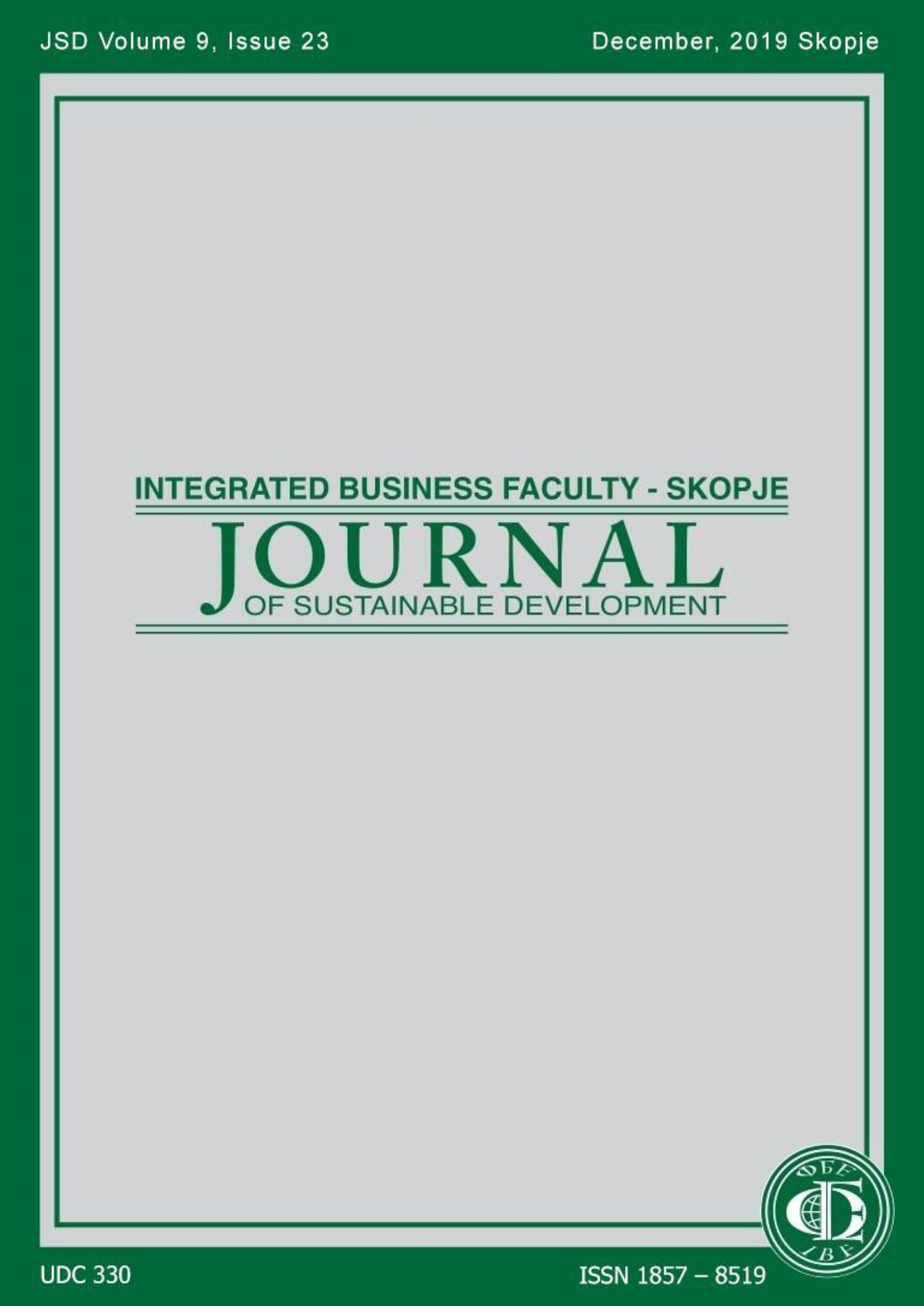UNIVERSITY STUDENTS' BELIEFS ABOUT LEARNING AND KNOWLEDGE
UNIVERSITY STUDENTS' BELIEFS ABOUT LEARNING AND KNOWLEDGE
Author(s): Snežana Mirkov, Ivana M. JakšićSubject(s): Economy, Socio-Economic Research
Published by: Факултет за Бизнис Економија
Keywords: beliefs about learning and knowledge; University students; factor analysis; academic success;
Summary/Abstract: Results of the empirical research of students' beliefs about the nature oflearning and knowledge are presented. The research is based on conceptions onthe multidimensional nature of these beliefs and on findings indicating that thesebeliefs influence learning behavior. Students from the University of Belgrade(N=560) answered Epistemological Questionnaire. Structure, developmental level,and relations of these beliefs to students' age, year of studies and indicators ofacademic success (grades and the number of passed exams) were investigated.Factor analysis confirmed the existence of four dimensions of these beliefs: 1)avoiding integration, avoiding ambiguity, and dependence on authority; 2) beliefthat learning cannot be learned and that success in learning does not depend onthe effort invested; 3) belief that ability to learn is inborn and that learning is quickand 4) believing in absolutely certain and unquestionable nature of knowledge.Low positive correlations were obtained between dimensions. Developmentallevel of these beliefs is not related to students' age, but during studies at the University beliefs become more sophisticated. At beginning years of studyingstudents’ express beliefs that concentrated effort is a waste of time, that learningability is inborn and that learning is quick. Students who express sophisticatedbeliefs about learning had higher grades and passed more exams. Results indicatethat development of students' beliefs about learning and knowledge should belongitudinally investigated. Development of these beliefs from naive tosophisticated can be influenced. Developing consciousness regarding one's ownbeliefs helps competences for living and working in contemporary society todevelop. Encouraging a conceptual change − reorganization of knowledgestructures − is the base for development of beliefs about learning and knowledge.Students should be included in different experiences during learning process.Improvement of learning process should be aimed to students' beliefs, not only to behavior.
Journal: Journal of Sustainable Development
- Issue Year: 9/2019
- Issue No: 23
- Page Range: 44-56
- Page Count: 13
- Language: English

